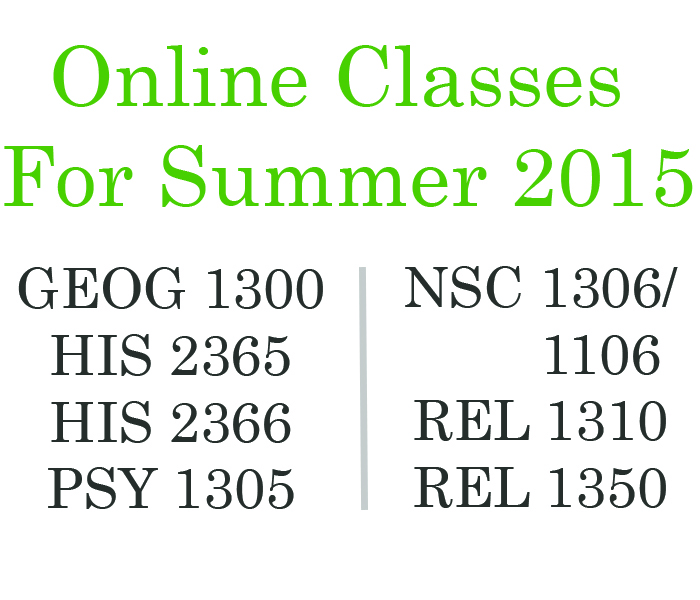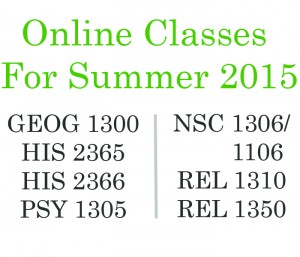
Skye Duncan | Lariat Photographer

Skye Duncan | Lariat Photographer
Reporter
Baylor social work doctoral candidate Melissa Ishio loves her classes. Like other students, she attends lectures, has group discussions and meets one-on-one with her professors. But unlike other students, Ishio has been taking them in Japan for the past year.
“When I was in Japan, my time was 14 hours different from Baylor’s,” Ishio said, who has moved back to Waco. “Sometimes I have to take classes at 4 a.m. But it’s wonderful I can do distance learning.”
Ishio is one of the students benefiting from Baylor’s technology-enhanced education. The integration of online tools into teaching and learning is changing the way students are taught both in physical and distant classes. But will cyberspace edge out the campus as the main learning place for Baylor in the foreseeable future?
Online degrees: the positives
The Hankamer School of Business started its first online master’s program in May, following the launch of social work online graduate programs last summer. In the spring, the Louise Herrington School of Nursing will pilot an online master nursing administration program.
The first group of students in the programs think highly of Baylor’s online efforts.
Ishio said she believes learning from online classes, which are held as video conferences, is as effective as learning in a physical classroom. During the lectures, students and professors can see each other and have discussions. Class materials are accessible anytime and if she misses a video class, recordings are available for her to catch up.
Carolyn Meyer, who is in the second year of the online Master of Social Work program, also said she is having a great experience.
Meyer said with the teaching software, teachers can present the PowerPoint slides to the whole class any time they want, while students can type their questions into the chat bar as they are listening. Students can also break up into groups.
Meyer said the program allows her to continue her internship while studying. Although she seldom talks with the professors face to face, she can easily reach them by phone or by email.
Dr. Gary Carini, associate dean for graduate business programs, said students and faculty in the online master of business administration degree program have also given positive feedback.
Carini said the online programs are the same quality as their on-campus counterparts, only delivered differently.
“This is another way to teach,” he said. “It’s good for people who can’t go to university Monday through Friday.”
Undergraduate summer courses
Carini said the online teaching environment has generated new teaching strategies for faculty.
Baylor will soon offer online undergraduate classes. For summer 2015, the College of Arts and Sciences is offering seven online general education courses that can be used in most majors across campus, according to the Office of the Registrar.
Pattie Orr, vice president for information technology and dean of university libraries, said Baylor has long been planning for the summer program, which will enable students to take classes at nights and on weekends.
Dr. Steve Reid, chair of the teaching, learning and technology committee, said the online courses will maintain the same quality as traditional classes and the electronic libraries hired two instructional designers to help faculty members in transforming their classes to online forms based on their teaching objectives.
Orr said students who join the pilot program will provide feedback, and it’s likely other schools will open online classes covering a wider range of subjects.
She said it’s possible Baylor students who are studying abroad or serving in the military will be able to take online classes in the future.
“Before we go too far, we are making sure it really meets the needs of our students,” Orr said. “We need to find out which faculty would like to teach the courses this way and what students would like to take. We want to make sure we are matching these two things together.”
Online interactions: Divided opinions
This trend of digital education is not applauded universally, however. Previous online course takers said online education, if not treated seriously, can become a waste of time.
Covington, La., sophomore Isabel Collier took several high school and college courses online before coming to Baylor. She said the quality of online courses varies.
“The college classes were really good, but the high school ones were horrible,” Collier said. “The problem isn’t with the idea of online school. It’s because it was run so poorly. There was no video or anything to teach you. They just gave you an online textbook and expected you to learn by yourself.”
She said in some classes, students were required to participate in online discussions, but they learned little from the process.
“In my high school, students are forced to talk in online classes,” she said. “We had chats every day, but people talked about nothing, because nobody had any specific questions to ask.”
Some faculty members are also in doubt of whether in-depth discussions can happen online.
Dr. Andy Hogue, lecturer in political science, said he doesn’t think his classes can be taught in the absence of face-to-face dialogues.
“There is so much to be gained from being able to talk with one another,” Hogue said. “I know there is capability to do that online, but it misses some of the richness of exchanging ideas and engaging in dialogue in person.”
Dr. Marcie Moehnke, senior lecturer of biology, offers video tutorials to help her students study after class. But she said in-person interactions are more effective in learning biology.
“Biology being such a challenging discipline, it’s important for students to be able to ask questions in class and to have feedback,” she said.
Moehnke said online classes also fail to provide laboratory experience, which is indispensable in biology education. She said although virtual laboratories can offer some good instructions, students learn better when they are doing experiments hands-on.
However, professors currently teaching online courses are optimistic about what technologies can achieve. Many said synchronized videoconference is a good ice-breaking tool in the virtual classroom.
Dr. Jon Singletary, associate dean of graduate students at the School of Social Work, said establishing a teaching-and-learning relationship in a videoconference is easier than many people think.
“A few minutes into the video conference, you kind of forget you are talking to a screen,” Singletary said. “It’s live and dynamic. The conversations are meaningful. Discussions are just like you would have in an in-person classroom.”
He said online discussions sometimes work even better. While only a few respond to questions in a traditional classroom, Singletary said every one tends to contribute both verbally or on discussion board during video classes.
“There are ways you get interactions that are just as high quality as in an in-person class,” Singletary said. “It’s a different way of learning, but I don’t think it’s inferior.”
Reid, professor of Christian scriptures, said high-quality interactions can be achieved online with tools such as Wiki and online chats, but teachers and students need to invest more time and energy.
“If I were to transcribe everything I’m saying and put it online, and have to wait until you transcribe and read it, then what took less than a minute would take substantially longer,” he said.
“The big problem is we are not used to it,” Reid said.
A residential future
Reid said Baylor started its move towards Internet in recognition of the online work other prominent universities are doing.
But he said online education will not take the place of traditional classrooms. Students at Baylor will always be able to see their friends on campus and have coffee with professors.
“We wanted to make sure that we were not being so traditional and missing out an opportunity to provide excellent education for our students just because it wasn’t the way we were educated,” Reid said.
Orr said Baylor would like to have more fully online graduate degrees in the professional schools and fully online undergraduate courses for students who are temporarily away from campus. Most of the teaching and learning will be done in the technology-enhanced classrooms on campus.
“Baylor faculty didn’t feel it’s a high priority to do a lot of fully online courses,” Orr said. “We really are a residential campus and we are really about serving students that are here in a residential setting, one on one with their faculty.”





